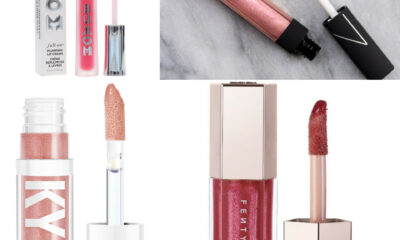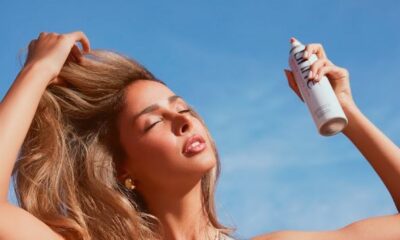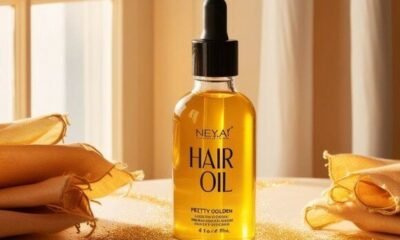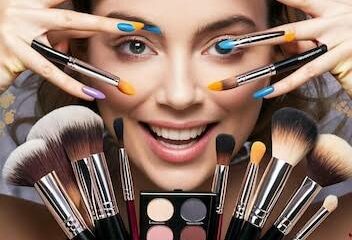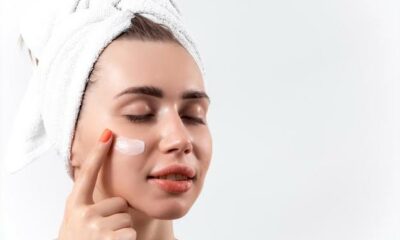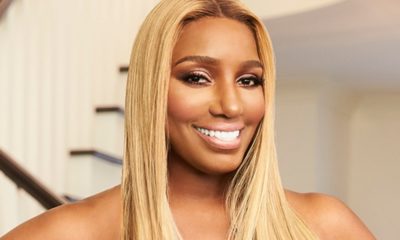Beauty
Dark Circles: Here is How to Avoid Them

Dark circles are a very common concern among people of all ages and backgrounds. It is often associated with tiredness, stress, or lack of sleep. They can also stem from a variety of lifestyle, genetics and health related issues. Dark circles are a shadowy or discolored area that appear beneath the eyes. It can be blue, purple, brown, or black in colour depending on your skin tone and the underlying cause of the dark circles.
The skin under the eyes is thinner and more delicate than the skin on other parts of the body and this makes it more susceptible to changes in blood flow. pigmentation , and hydration. While dark circles are not typically a sign of serious medical issues, they can affect self esteem and appearance and that is the reason why many seek for solutions to it.
Meanwhile, let us explore some causes of dark circles.
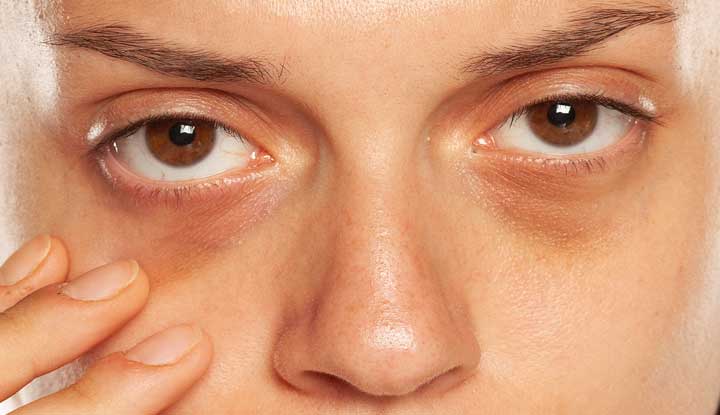 Causes of Dark Circles
Causes of Dark Circles
There is no exact or single cause of dark circles as it is usually a combination of a number of factors. Some causes of dark circles include:
Genetics.
For a number of people, dark circles are hereditary. If any of your parents have dark circles, you are most likely to develop them too. This is because genetic dispositions can influence skin thickness, pigment levels, and other skin issues.
Lack of Sleep.
This is probably the most popular cause of dark circles. Inadequate sleep can cause the skin to look pale, allowing blood vessels beneath the skin to become more visible and give the appearance of dark circles.
Aging.
As we age, our skin loses collagen and becomes thinner. The loss of skin elasticity exposes the blood vessels beneath the skin, causing dark circles.
Dehydration.
When the body lacks water, the skin under the eyes can look dull and sunken, making dark circles more prominent.
Exposure to the Sun.
Overexposure to the sun can increase melanin production, especially in delicate areas of the eyes, leading to pigmentation and darkening.
How to Avoid Dark Circles.
Now that we have figured out some of the causes of dark circles, here are a few ways to avoid them.

Prioritize Sleep.
Beyond avoiding dark circles, adequate sleep is important for your overall health. You should aim for 7-9 hours of sleep, keep a consistent sleep schedule, avoid screens for at least 30 minutes before you fall asleep and create a calm sleeping environment.
This would keep you well rested and keep dark circles away from your eyes.
Adequately Hydrate.
Since we have discovered that dehydration is a leading cause of dark circles, it is important to drink plenty of water throughout the day to improve skin elasticity.
Drink at least 2 litres of water daily, eat fruits rich in water such as cucumber, watermelon, oranges, etc and reduce intake of dehydrating substances like caffeine.
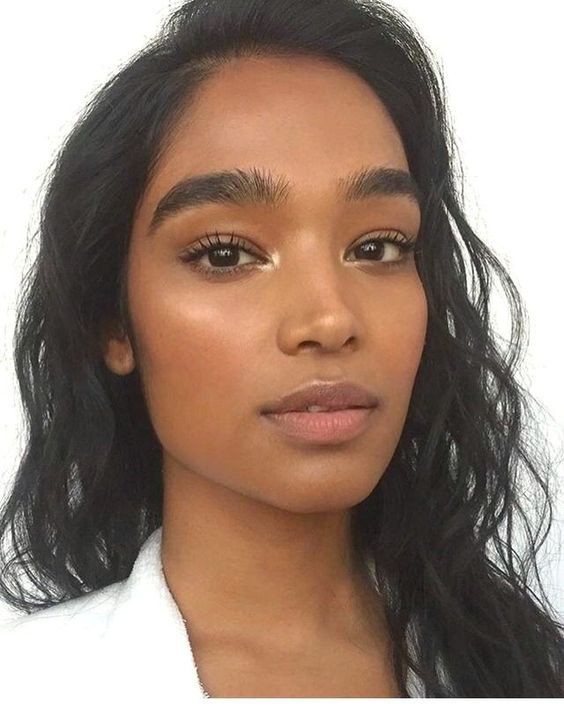
Use Cold Compress.
Cold temperature constricts blood vessels and reduces swelling. To use, place chilled teaspoons, cucumber slices, ice block, or a gel eye mask on your eyes for 10-15 minutes. Then, repeat in the morning to reduce puffiness and dark circles.
Protect your Eyes Against Sun Exposure.
As sun rays is one of the leading causes of dark circles and aging, it is important to protect yourself from the sun.
You can do this by always wearing sunscreen with SPF 30 or higher, even on days that are not sunny. You can also use sunglasses to protect yourself from UV radiation.
Putting these steps to action, you can as well say goodbye to dark circles.
Beauty
Ramadan 2026 Accessories Every Fashion Insider is Eyeing
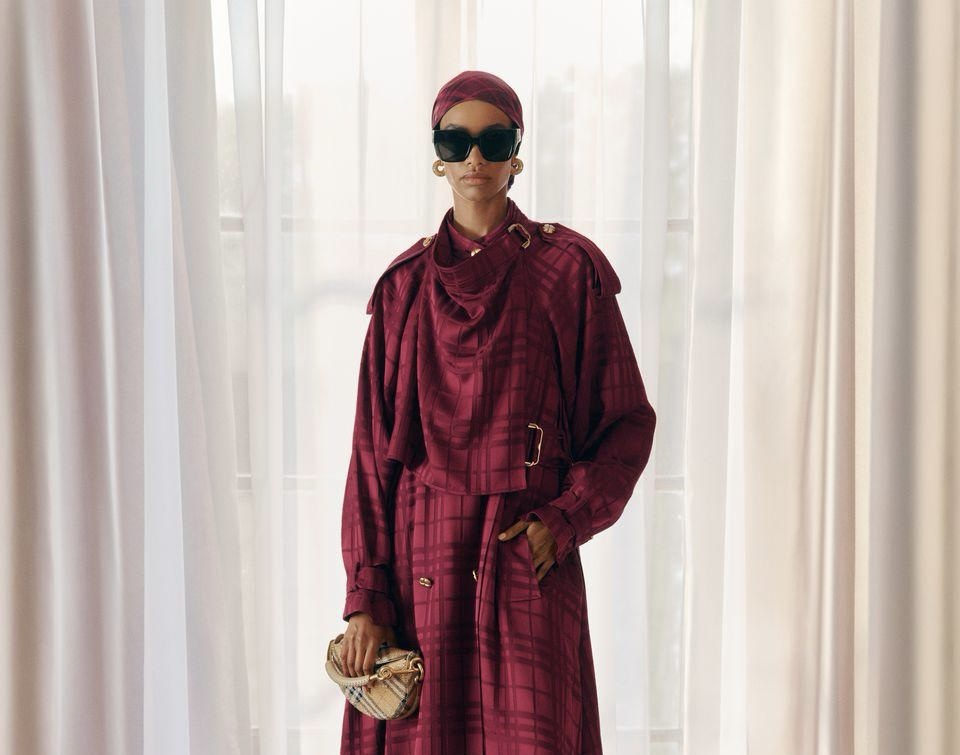
As Ramadan approaches, brands are introducing limited-edition items, from kaftans to tabletop essentials. One of the trends this year are shoes and bags, which previously had heavy sparkle and green tones but are now designed with a softer shine. Luxury labels are now embracing simple, timeless styles that can be worn well beyond the holy month.
Burberry
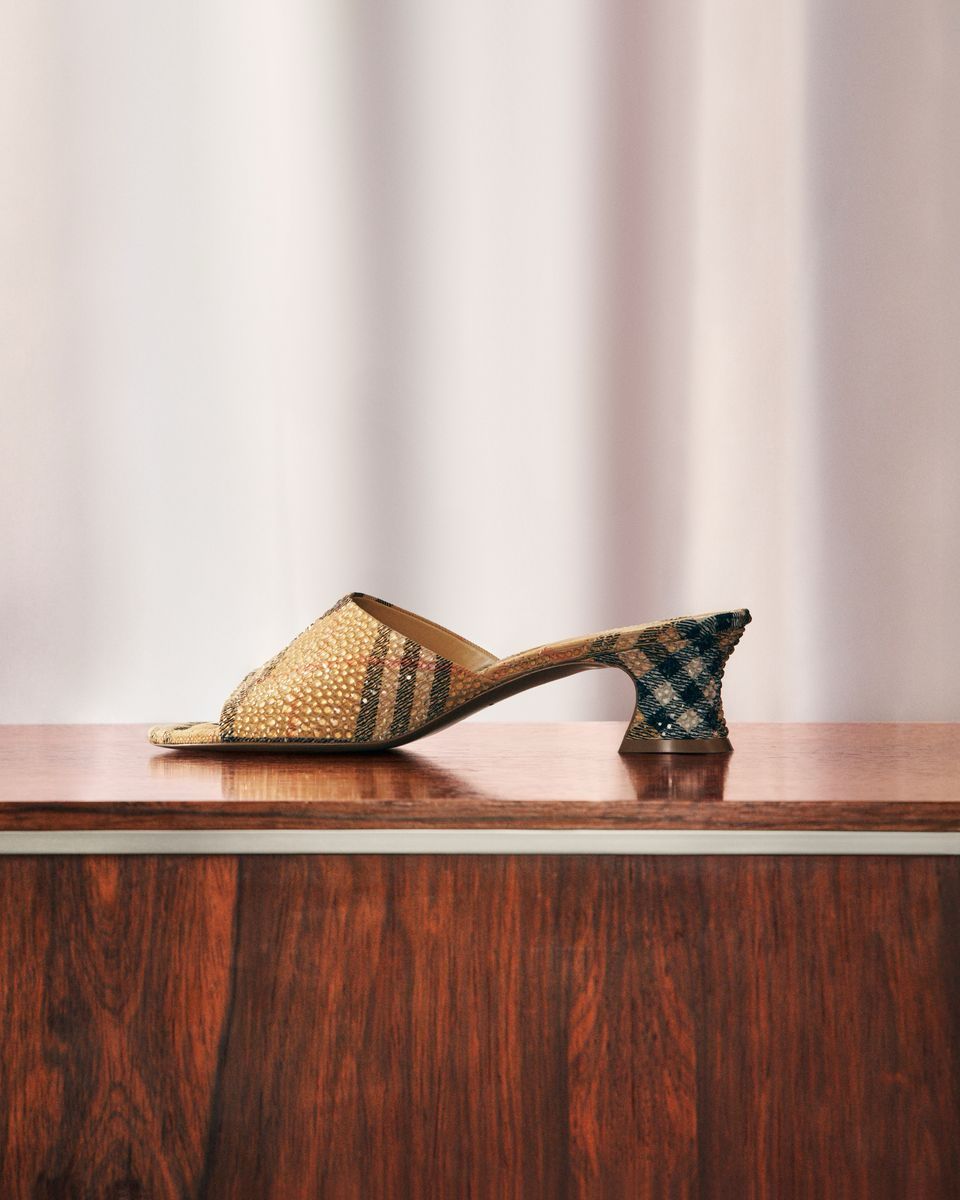
Image — Burberry
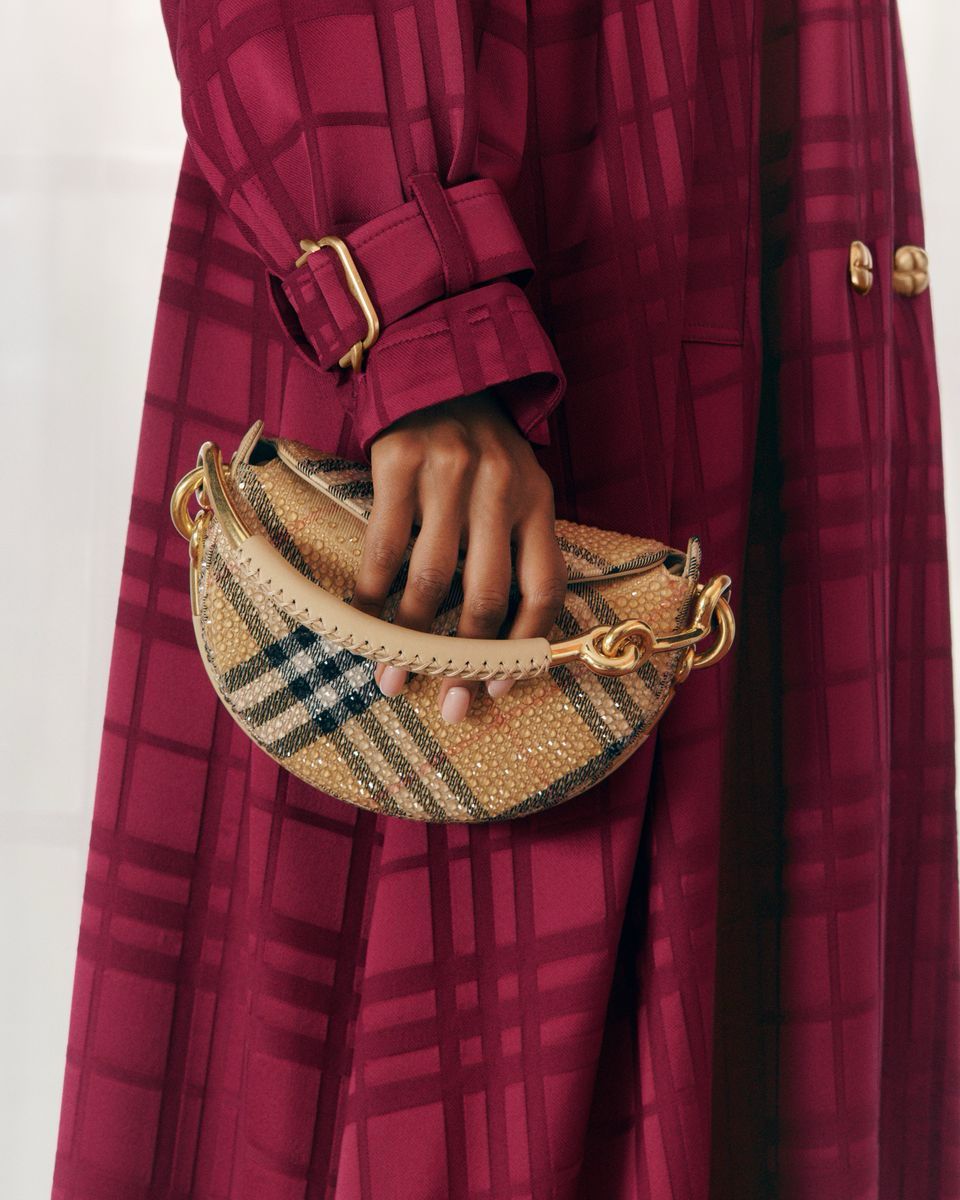
Image — Burberry
The British label enhances its signature plaid with crystal accents, while Sloane mules, Bridle handbags, and deep-red silk scarves are finished with a crystal detailing.
Celine
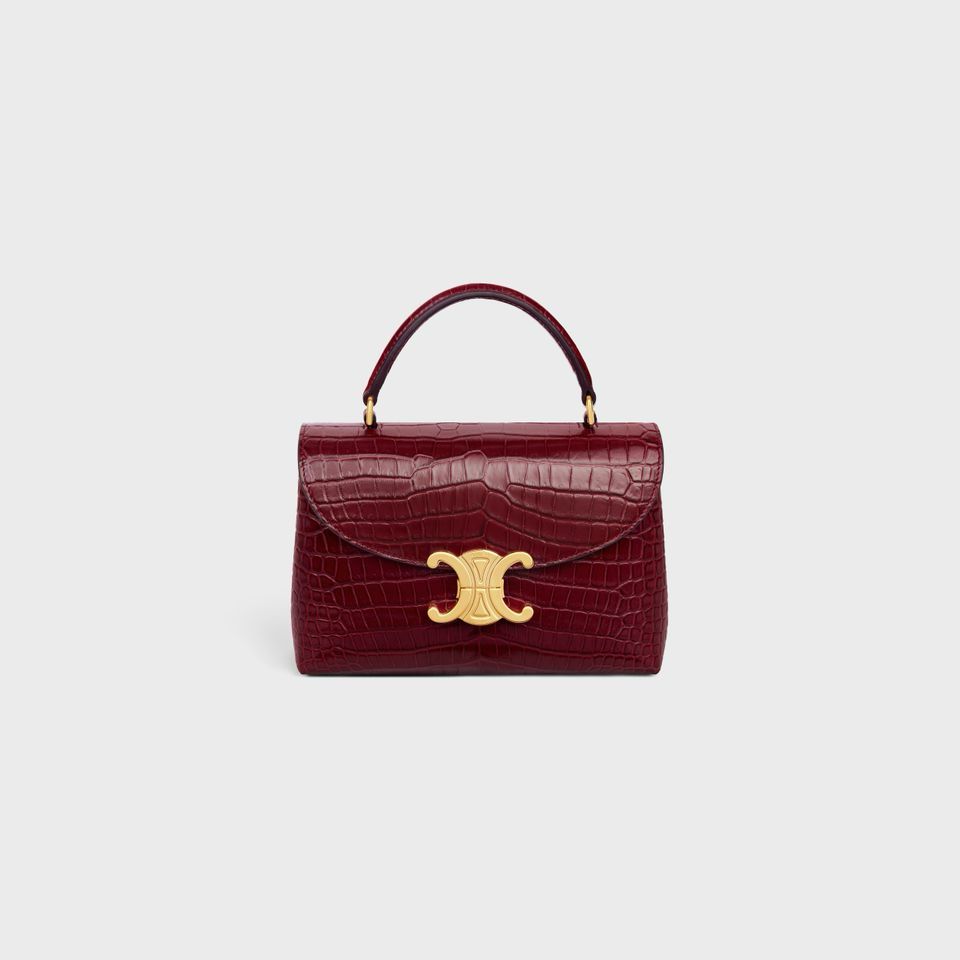
Image — Celine
Along with black and grey bags, Celine embraces autumnal burgundy in Triomphe top-handle bags and croc-textured versions. Mixed-metallic cage sandals are reworked with angular heels, gold charms, and silver straps, suited for year round-wear. The collection is finished with wisteria.
Louis Vuitton
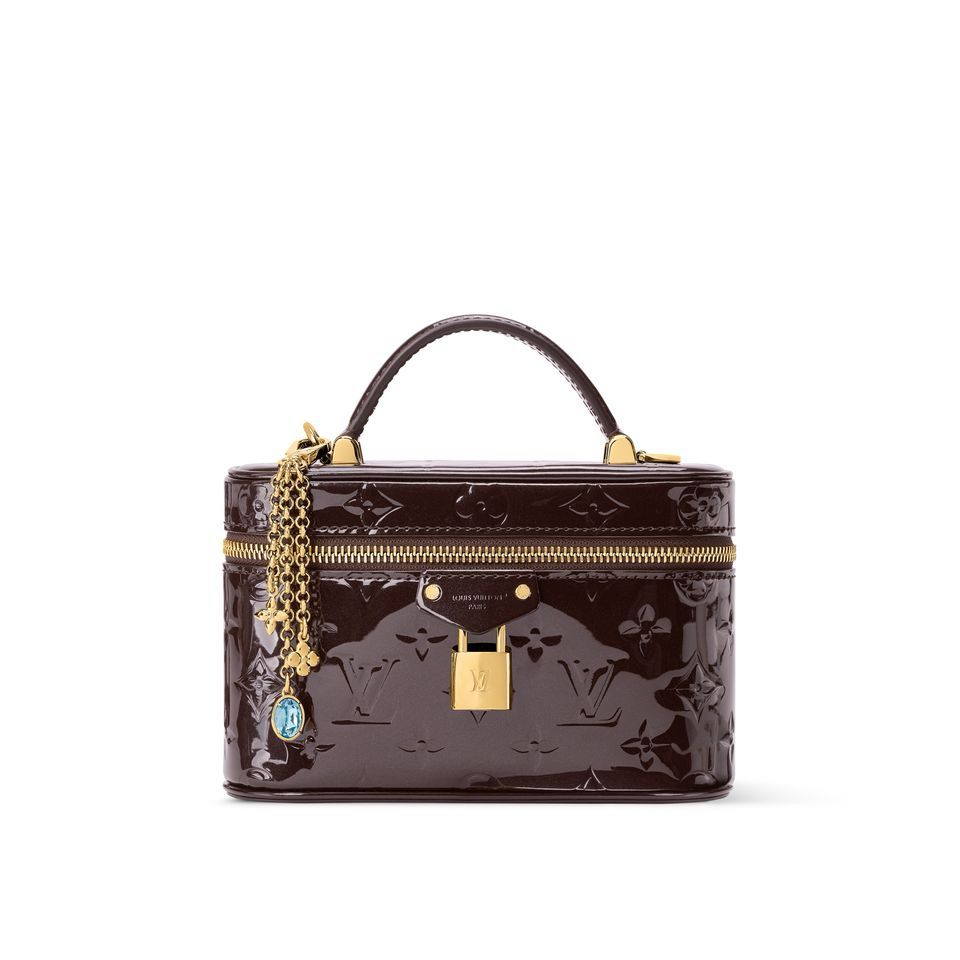
Image — Louis Vuitton
Datewood, a rich shade between burgundy and espresso brown, appears in the “Mirage” capsule across classic silhouettes like the Alma and Vanity Chain Pouch. The 6am Mule is also reworked in Datewood, finished with a gold logo charm. In collaboration with Lebanese designer Nada Debs, Louis Vuitton introduces three special pieces: a Bakhoor set, Bakhoor trunk, and a Capucines bag.
Coach
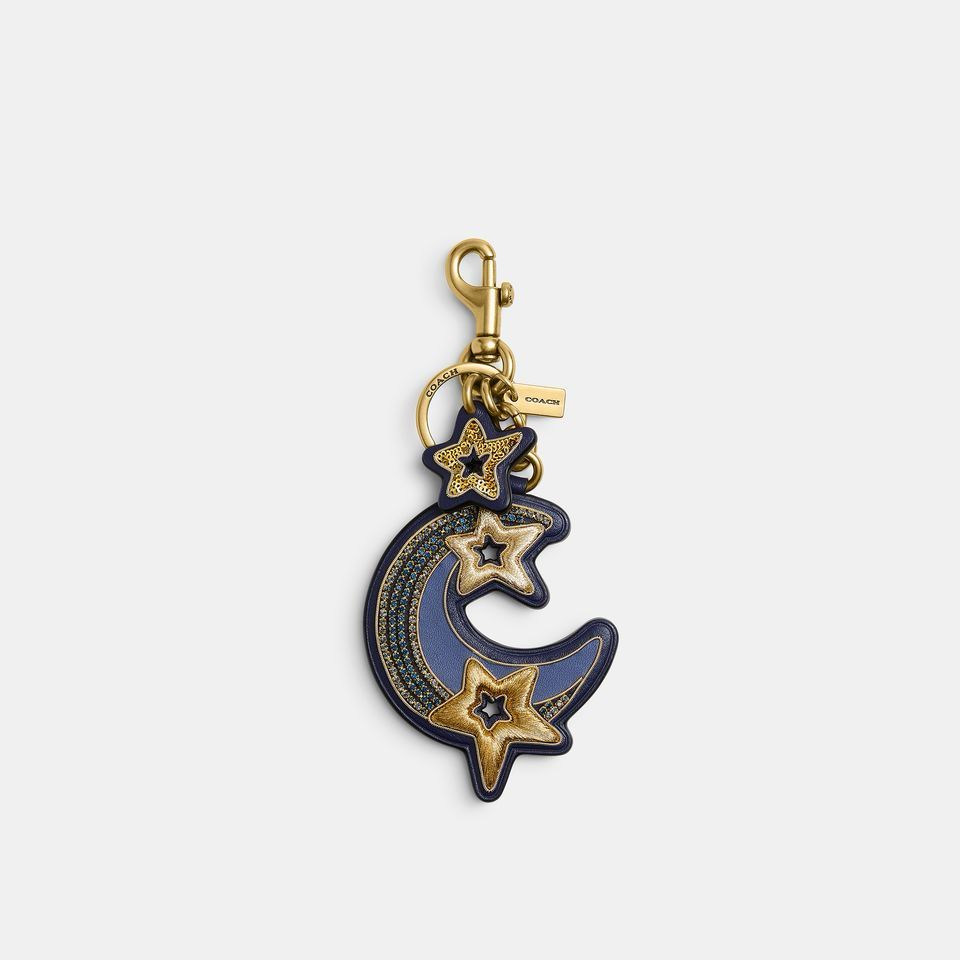
Image — Coach
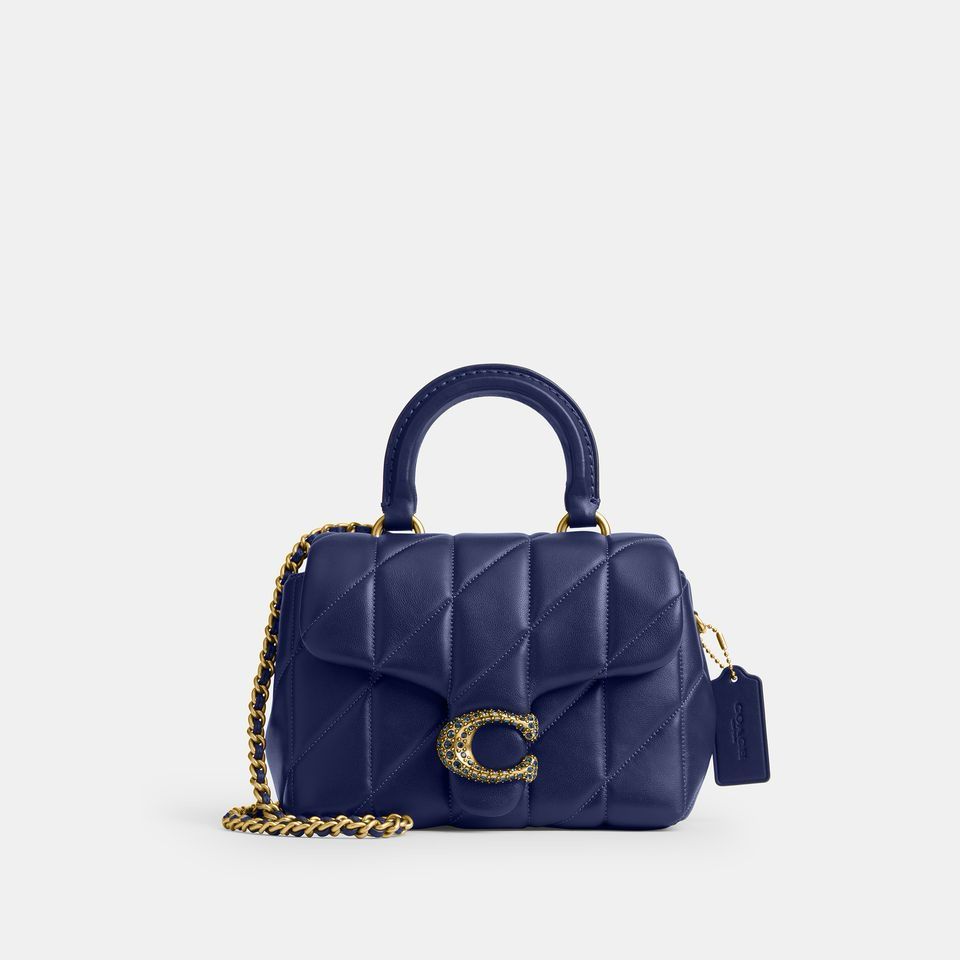
Image — Coach
Coach’s Ramadan capsule presents a colour scheme of midnight blue. Key items include wallets with blue-diamante logos, quilted top-handle bags with jewelled logo clasps, and crescent moon bag designs with gold stars and starlight stitched.
Dior
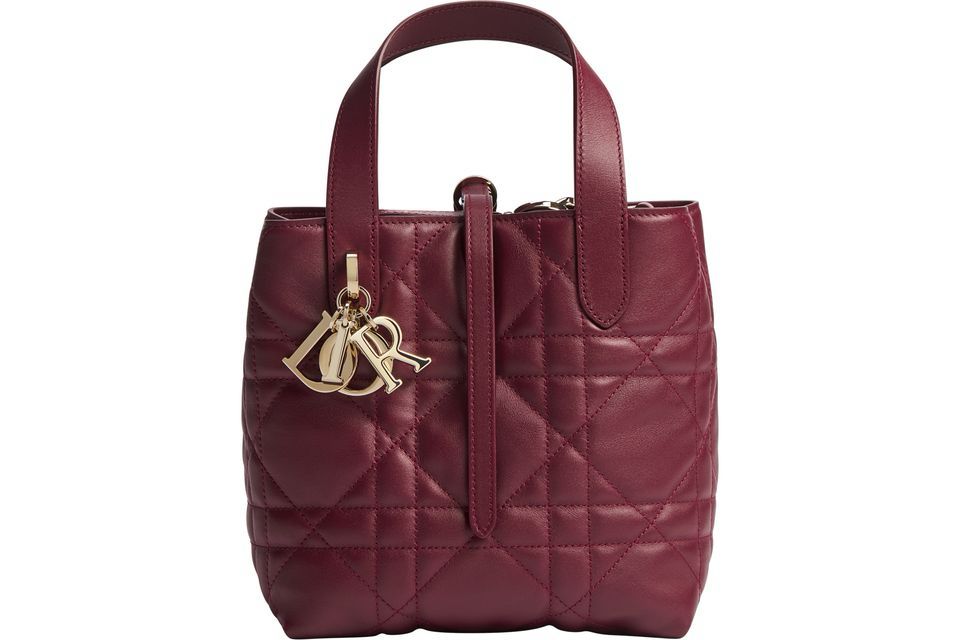
Image — Dior
The Ramadan capsule for Dior has bow motifs and burgundy hues. Bags feature across various shapes, while shoes highlight quilted textures and gold finishes.
don’t miss: Fall 2026 New York Fashion Week Dates Revealed: What to Know
Beauty
The New Beauty Trends, Tools and Treatments Set to Take Over 2026
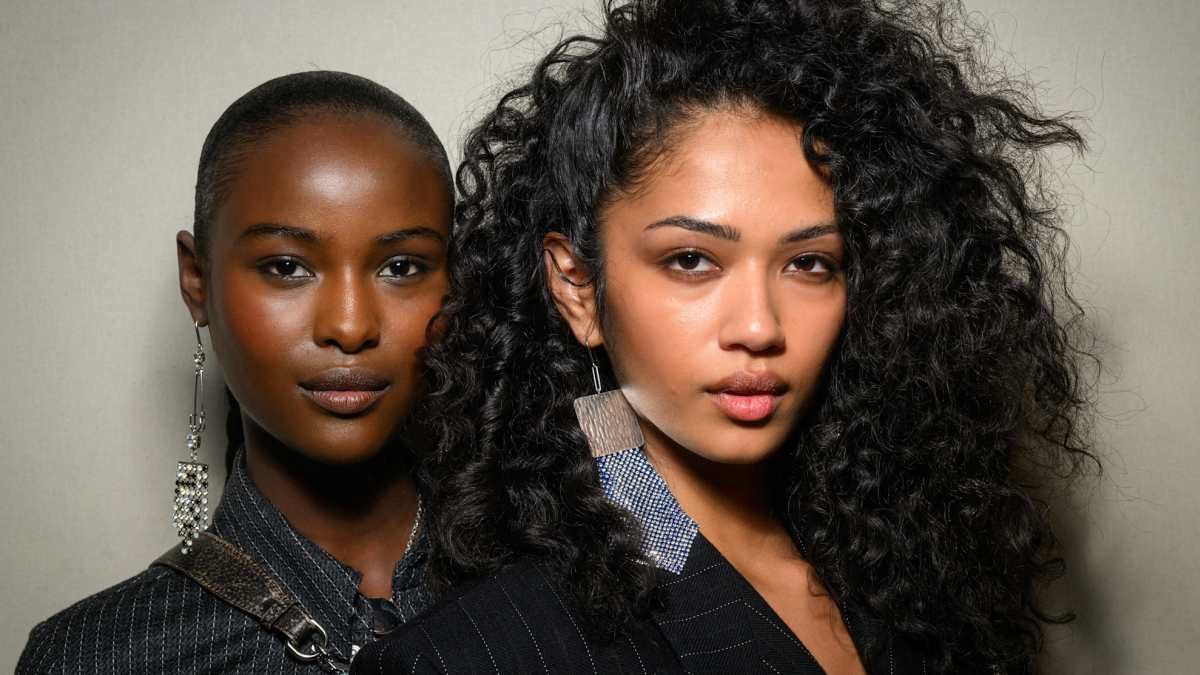
This year, beauty is moving toward a careful mix of innovation, wellness and quiet luxury. From fragrance launches inspired by personal stories to treatments that calm both skin and mind, 2026 favors intentional choices, quality ingredients, and meaningful experiences.
Fragrance with Depth
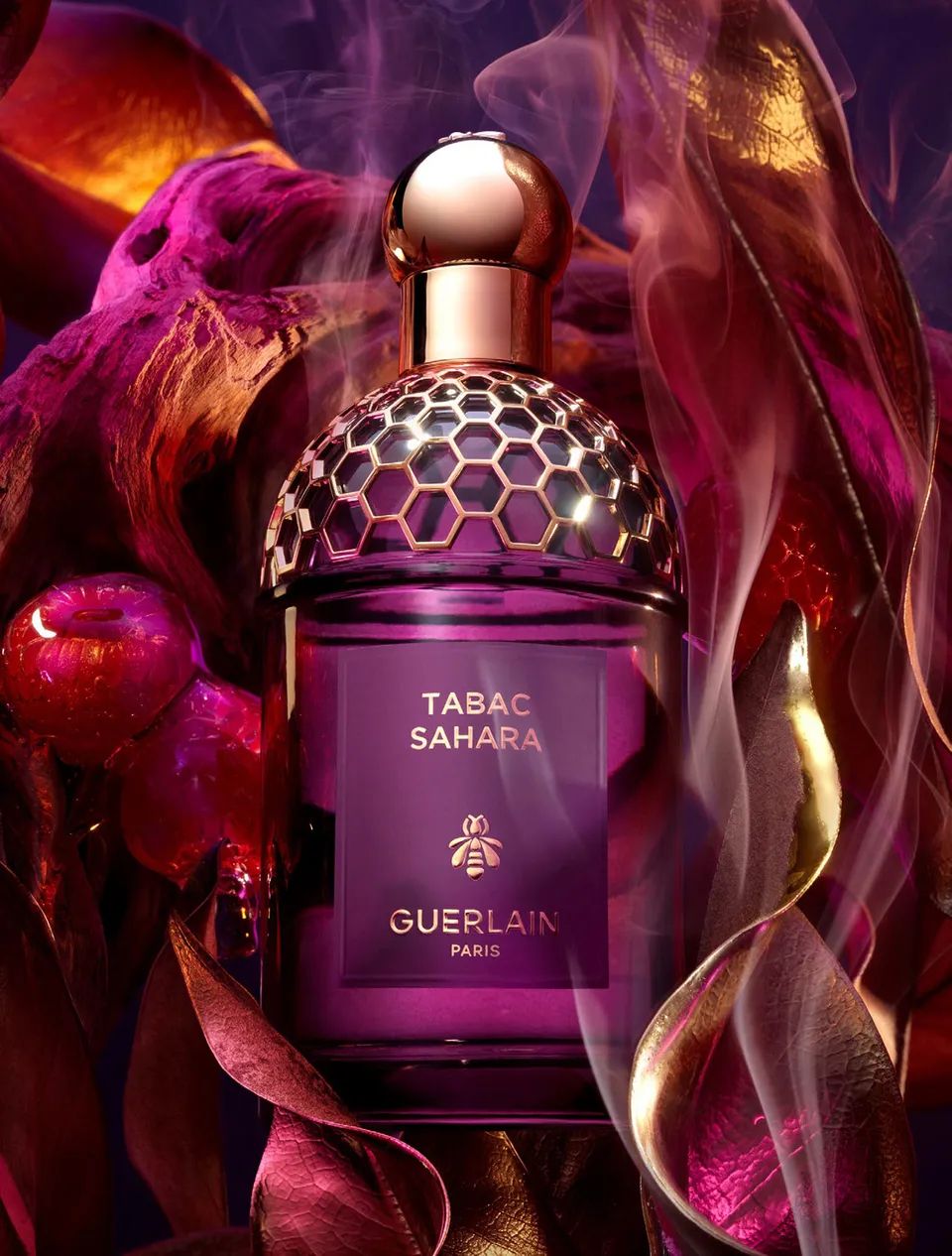
Image — Vogue Arabia
Opening the year, Guerlain marks the final chapter of its Allegoria Absolus line with a new release that draws on desert nights and ancient rituals. The fragrance is a combination of smoky tobacco with warm amber and soft resinous notes, creating a composition that feels intimate. With an emphasis on natural ingredients, it follows the growing preference for scents shaped by culture and context, particularly in the Middle East, where fragrance has long been woven into daily life and tradition.
Wellness Spaces as Sanctuaries
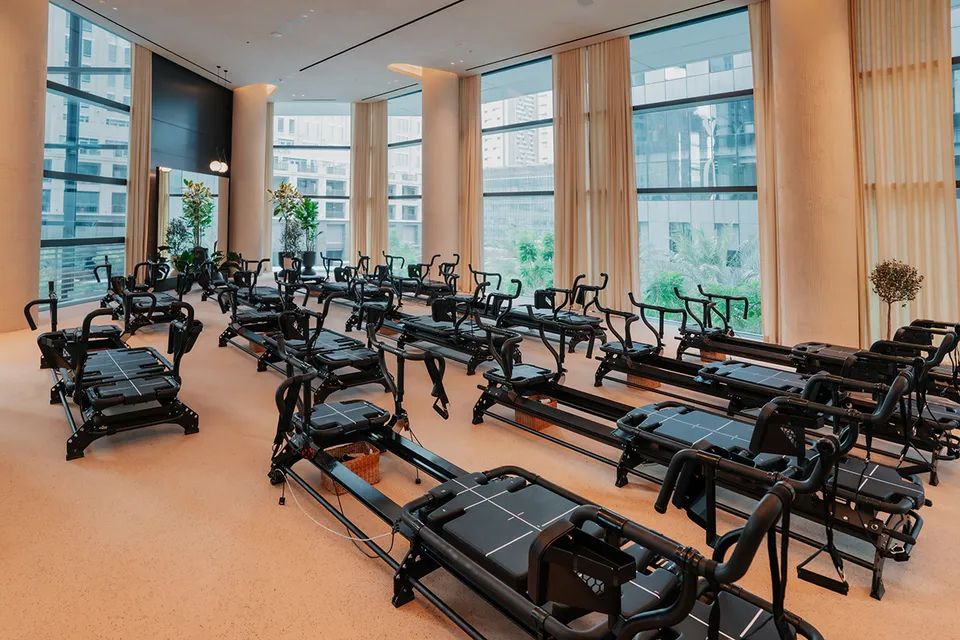
Image — Vogue Arabia
Fitness and beauty continue to merge in 2026. The Riyadh studio offers tranquil, light-filled facilities precisely developed in partnership with London-based architecture and interiors group TR Studio, using thoughtfully designed equipment with curated artworks and a layout designed to encourage you to slow down.“About 73 per cent of the Saudi population is between 15 and 64 years old, and the percentage within that group that wants to stay healthy is on the rise.” Elshurafa says. The message is clear, wellness is no longer just about efficiency, it is carefully designed for relaxation.
The Colour of Calm
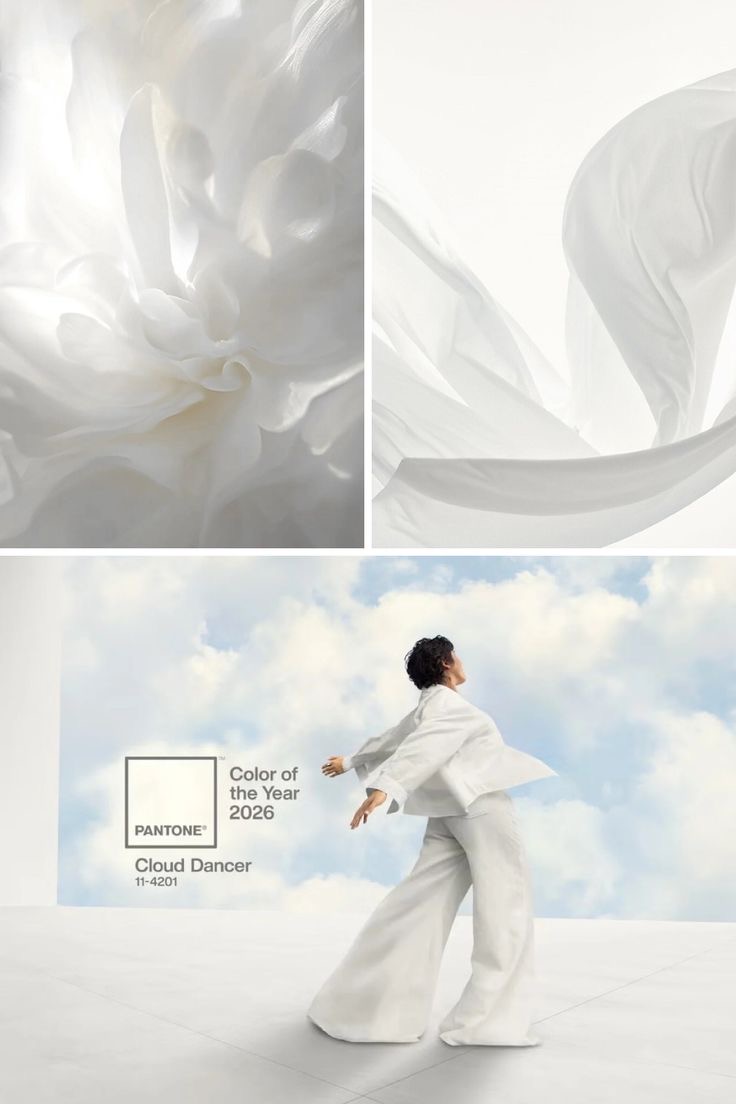
2026 color — Pinterest @ Darya
After years of bold, saturated shades, 2026 welcomes a softer visual language. Pantone’s Colour of the Year, Cloud Dancer, introduces a pale, airy white that borders on grey, capturing a quiet, simple mood. On runways and in beauty looks, this shade appears in ethereal lashes, diffused highlights and minimalist details. When used thoughtfully, it offers a fresh airy feel. For those seeking a fun creative twist, Dubai makeup artist Safiyah Cassim, loved by the likes of Nara Smith, Saja Kilani and Zeyne, recommends using Cloud Dancer as a thin graphic liner, “to make minimalism feel iconic.”
High-Tech, Low-Stress Treatments
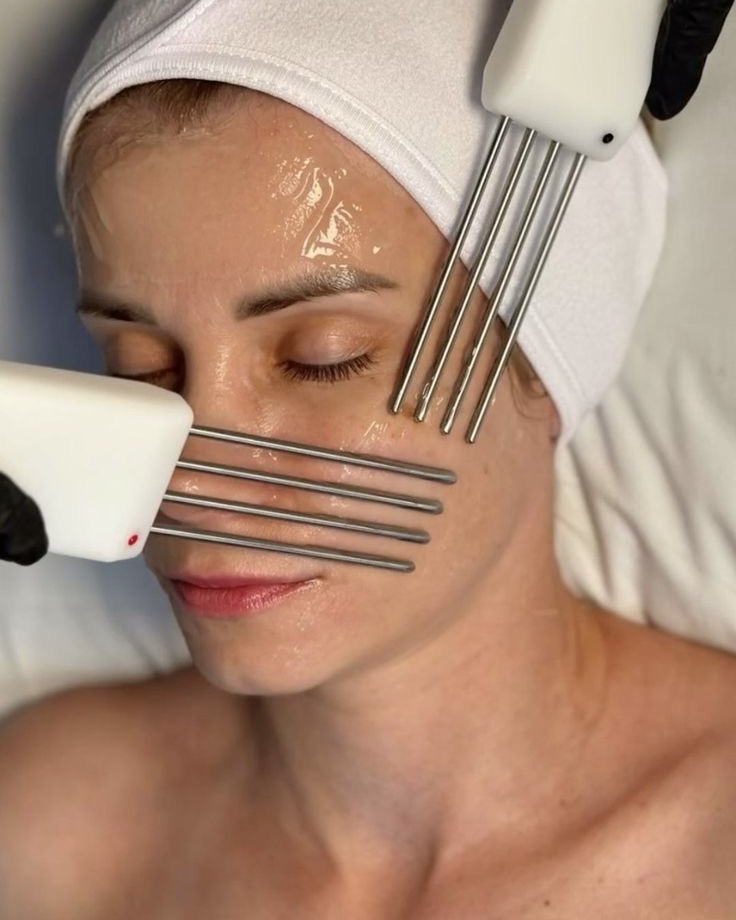
Image —Pinterest @ 7E Myolift
Non-invasive body and facial treatments remain at the forefront, with technologies designed to deliver visible results without downtime. Advanced micro-stimulation therapies, often recommended by practitioners for their potential to support circulation, sculpting and lymphatic drainage, are typically offered as single-session treatments that also aid recovery and relaxation. These treatments are increasingly positioned as complements to a healthy lifestyle.
Beauty for the Nervous System
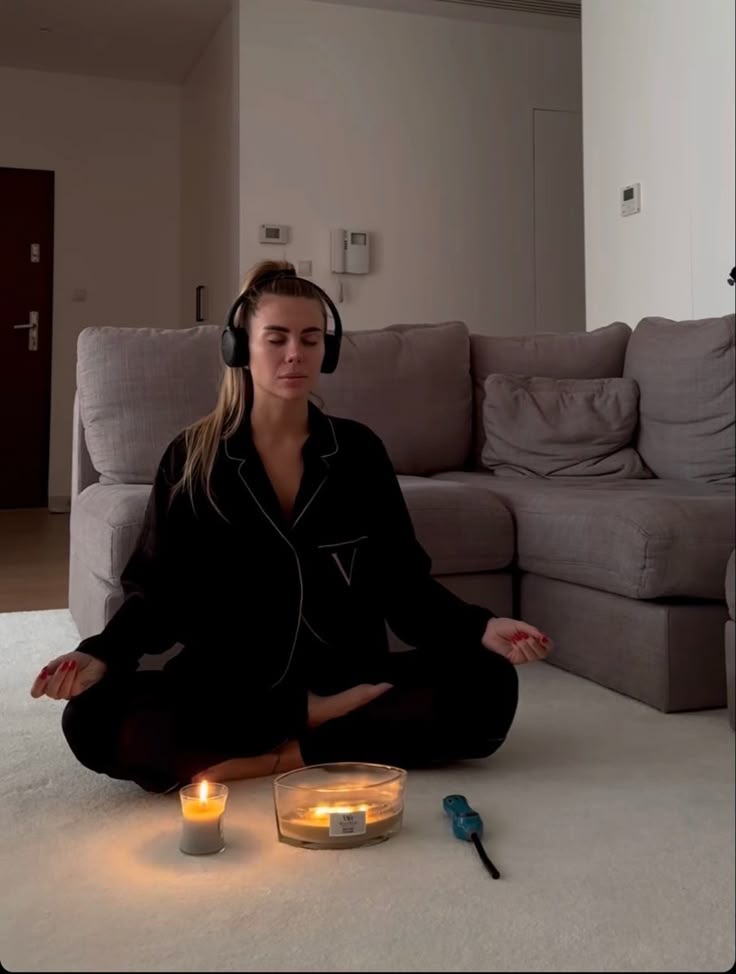
Image— Pinterest @ Lia
In 2026, there is growing interest in treatments that support mental wellbeing alongside skin health. Sound-based facials using singing bowls are becoming more common, particularly in high-stress urban environments. By combining facial massage with sound therapy, these sessions are designed to ease tension, restore balance and leave clients feeling calmer and more centered.
At-Home Tools, Elevated
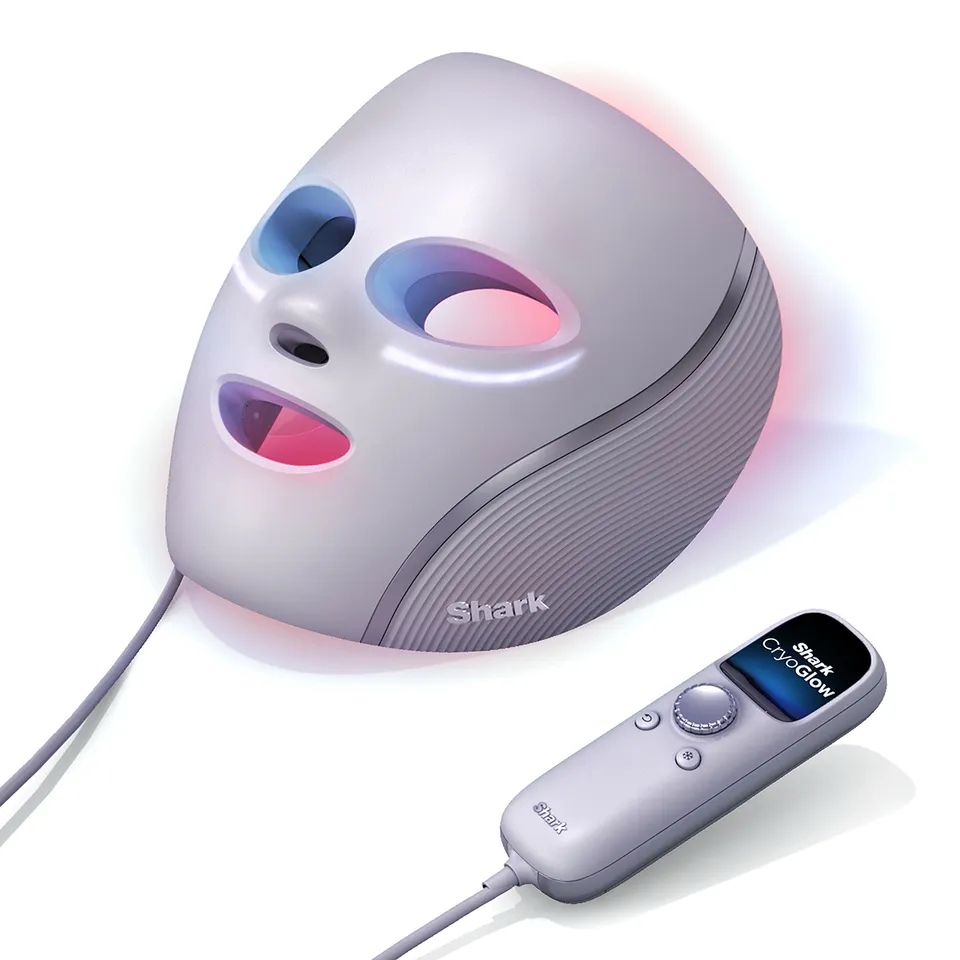
Image —Vogue Arabia
Finally, beauty tech is becoming more accessible. New-generation LED masks with integrated cooling and multi-light therapy bring clinic-level results into daily routines, designed to feel effective, calming and personal.
read this: Reimagining Relaxation: Spa Treatments Only Dubai Can Offer
Beauty
Technolgia! Digital Beauty Brand iPolish Unveils Press-On Smart Nails
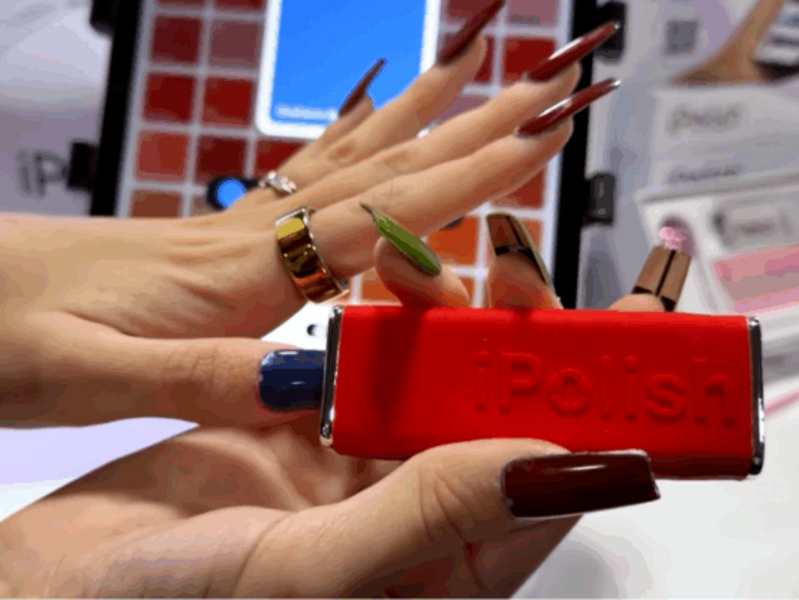
Among the gadgets at CES 2026, one beauty innovation stood out: iPolish’s press-on nails that can switch colors on demand. No polish bottles. No drying time. Just a tap and a new shade. The idea is simple but striking. It takes away the usual commitment of a manicure. One set of nails can shift through hundreds of colours, depending on what you feel like wearing. The colour change happens when a handheld wand sends a gentle electric signal to the nails, controlled through a phone app.
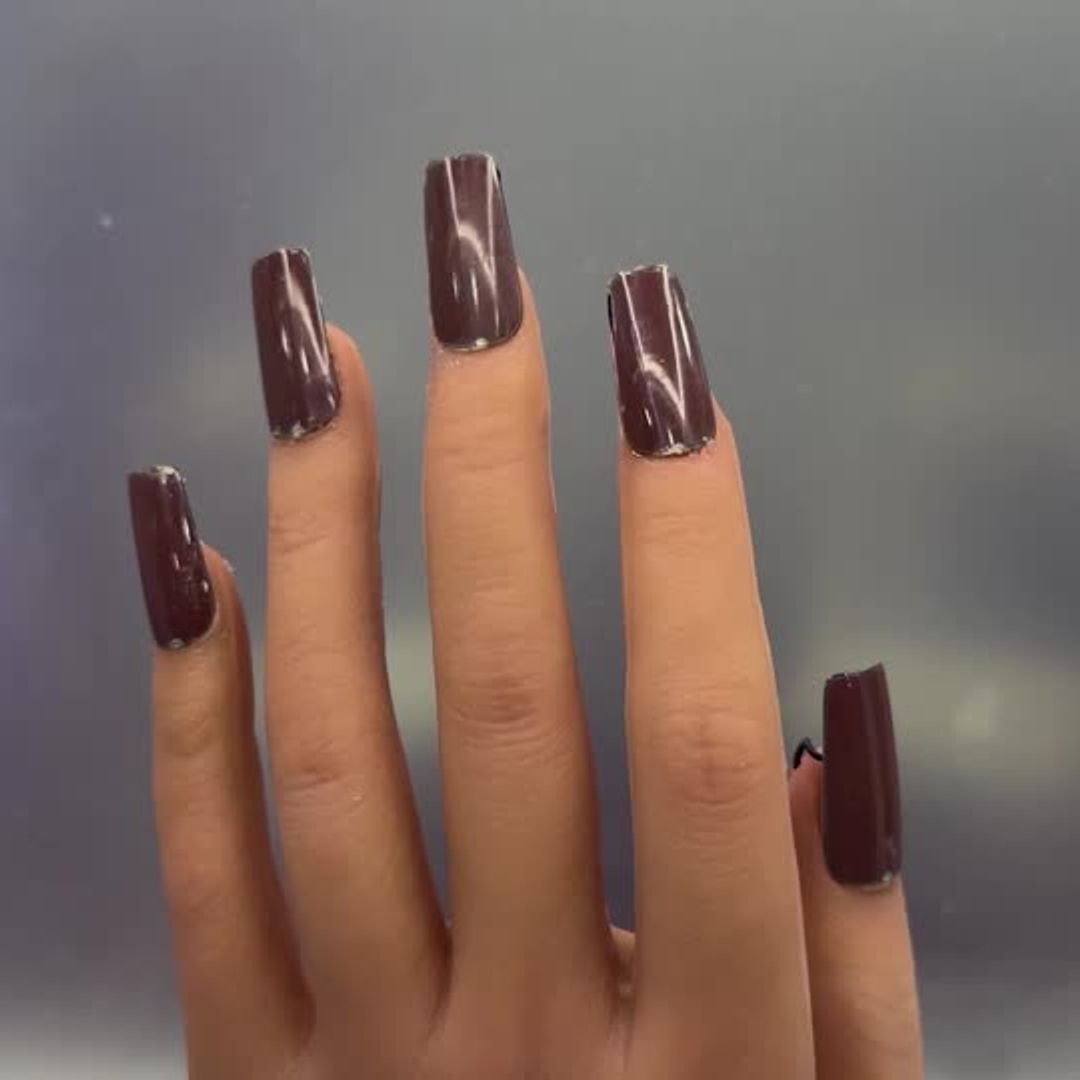
Photo Credit: Reuters
The wand pairs with a smartphone app, letting users select a new colour in seconds. A brief touch of the wand to each nail sends a short electric pulse through the acrylic. In about five seconds, the color shifts evenly across the nail. There’s no chemical smell, no mess, and nothing to sit around waiting to dry. What makes the system stand out is how controlled the change looks. While iPolish hasn’t fully explained the science behind the color-shifting process, the result appears smooth and intentional rather than experimental or flashy.
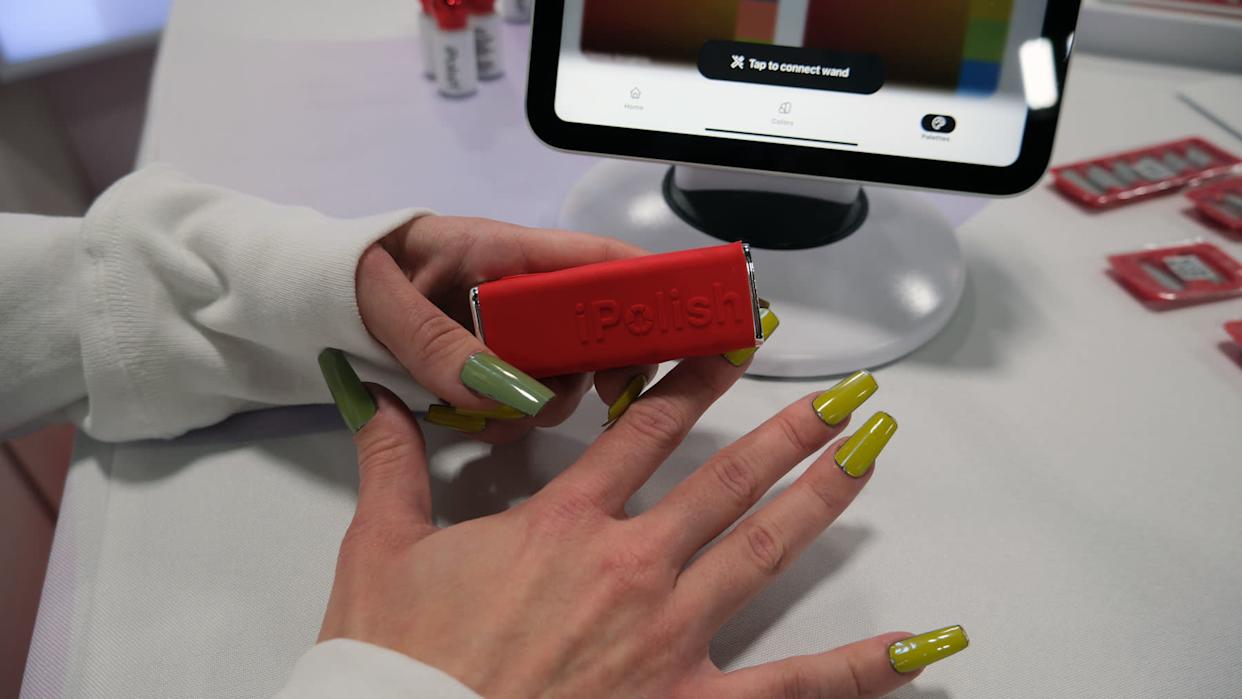
Photo Credit: Engadget
The starter kit is priced at $95 and includes the activation wand along with two full nail sets: a shorter ballerina shape and a longer squoval cut. The nails are pre-shaped, since reshaping them could interfere with the built-in technology. If a nail breaks or goes missing, replacements are expected to cost $6.50 per nail.
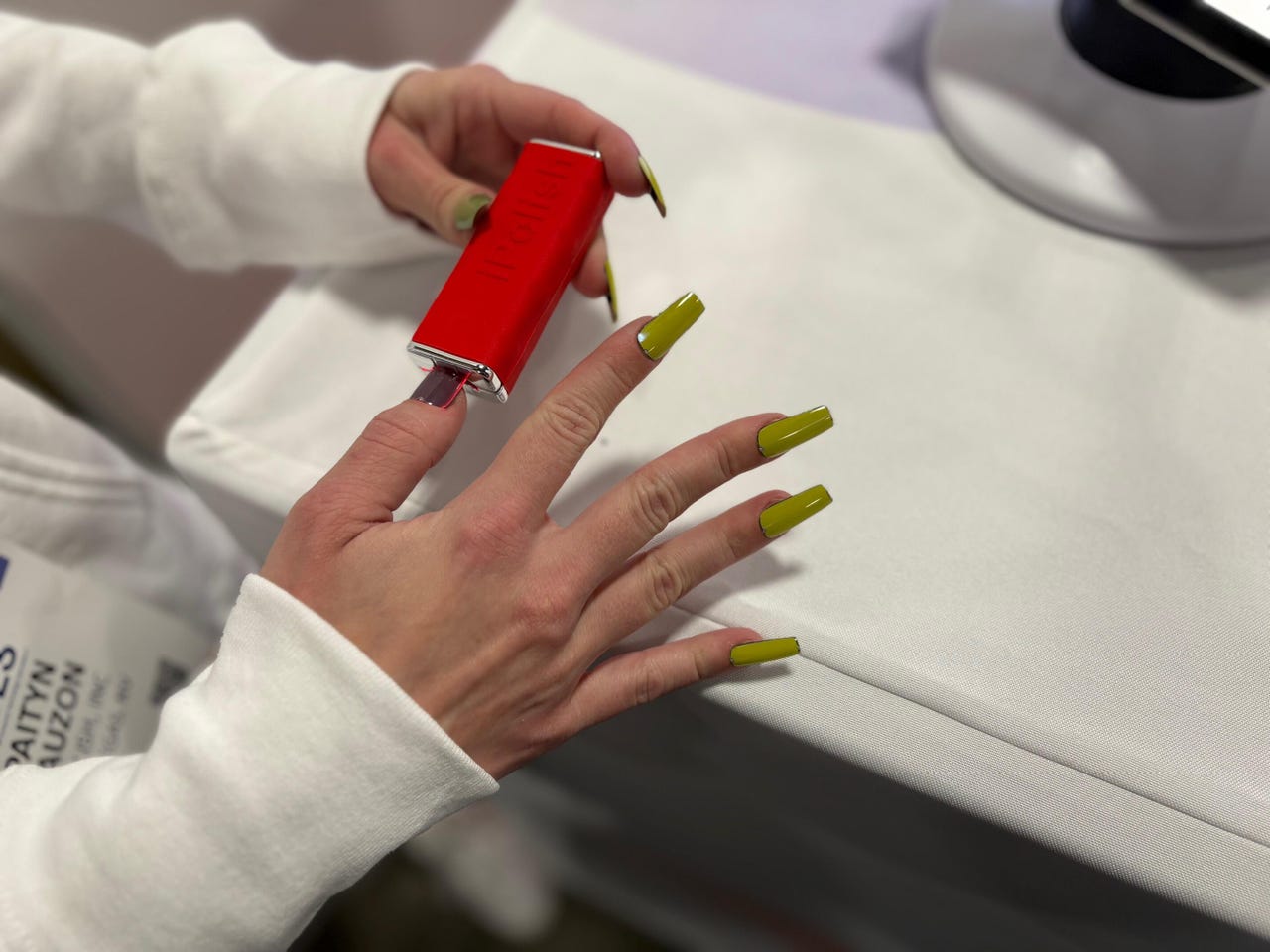
Photo Credit: ZDNET
Shipping is scheduled to begin in June 2026, so durability and long-term wear are still being tested. Still, compared to regular salon visits, the concept could offer both convenience and cost savings over time.
iPolish’s smart nails sit at the crossroads of beauty and wearable tech. Whether they become a mainstream staple or remain a niche innovation, they signal a future where personal style can change as easily as tapping a screen.
Read Next Post: Will Smith Reveals why Dubai Made Him Fearless in Spirit
-

 Fashion2 months ago
Fashion2 months agoJennifer Lopez in Saree at Netra Mantena’s Wedding in Dubai
-

 Top Xclusiv3 months ago
Top Xclusiv3 months agoAriana Grande Brings Vintage Hollywood to the Wicked: For Good Paris Premiere
-

 Entertainment3 months ago
Entertainment3 months agoEddie Murphy Peels Back the Curtain in New Documentary Trailer “Being Eddie”
-

 Movies3 months ago
Movies3 months agoThe Devil Wears Prada 2″ Unveils First Teaser Trailer With Meryl Streep, Anne Hathaway
-

 Fashion4 months ago
Fashion4 months agoRahaf Alharbi Glows Like a Golden Goddess in Rami Kadi Couture
-

 Entertainment1 month ago
Entertainment1 month agoChris Evans Returns as Captain America in Avengers: Doomsday, Signaling Marvel’s Next Multiverse Chapter
-
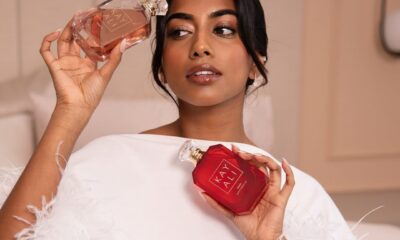
 Fragrance3 months ago
Fragrance3 months agoKayali Launches its First Official Website, Marking a New Era for the Dubai Born Brand
-

 Top Xclusiv2 months ago
Top Xclusiv2 months agoKim Kardashian Tears Up, Says Kanye West Once Accused Her of Faking the 2016 Paris Robbery

